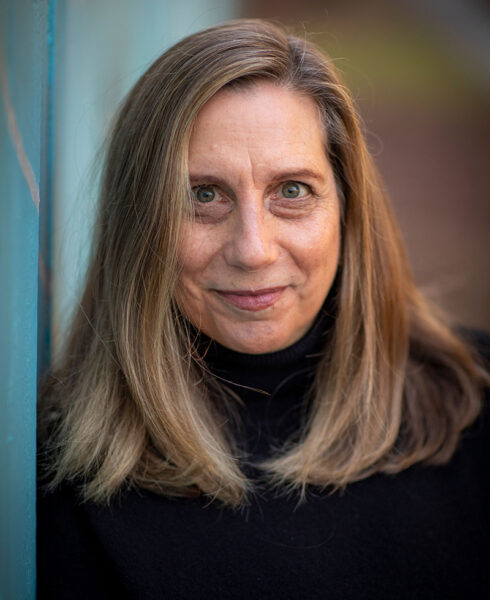It’s been a busy couple of years for Alex Boukin (Aerospace Engineering ’21) and Ari Forman–best friends, innovators and entrepreneurs.
Since winning Health Canada and Impact Canada’s Drug Checking Technology Challenge in 2021, the co-founders of Scatr Inc. have put the $1 million prize money towards refining and commercializing their first-of-its kind drug-testing device that is a game changer in the fight against Canada’s growing opioid crisis.
Boukin and Forman founded Scatr in 2019 to develop a precise and user-friendly device that would accurately and quickly test illegal street drugs for multiple substances, including hard-to-detect fentanyl.
“Since we started, the fentanyl samples are getting more potent,” says Boukin. “If Scatr can help people make a decision that could potentially save their lives, that’s the only outcome that matters.”
More than 7,000 people died in 2022 from opioid toxicity across Canada–an average of 20 deaths per day.
In 2023, armed with an additional $2-million in funding from Health Canada’s Substance Use and Assistance Program, Boukin and Forman have partnered with Western University chemistry professor François Lagugné-Labarthet to pilot Scatr in 11 supervised harm-reduction sites across Ontario and in British Columbia.
Scatr is already creating real change. If the drug analysis shows potential danger, “people are choosing not to consume or they’re lowering their dose.”
Scatr is a significant improvement from the existing Fourier Transform Infrared (FTIR) spectroscopy. FTIR can only scan one point or spectrum, leaving workers to tease out complex interactions based on assumptions of what may or may not be in the drug.
Scatr combines spectroscopy and machine learning to scan the entire sample, collecting and automatically classifying hundreds of spectra and detecting substances FTIR devices miss. “There is no guesswork.”
The company also uses leading web browser technology and a cloud-based platform to provide automatic updates and alerts about new and unknown substances. Boukin and his team are working on further enhancements including camera modules and streamlined reporting tools.
Boukin and Forman won all three stages of TMU’s Norman Esch Engineering Innovation and Entrepreneurship Awards and received $38,000 in funding. They continue to receive support from the Innovation Boost Zone (IBZ) and director Harry Gandhi.
“We are not business people. The early funding and great advice helped get us here,” says Boukin.
What’s next? Boukin and Forman want to see Scatr in harm reduction sites across Canada, the U.S. and Europe, helping save many more lives.
Related stories





